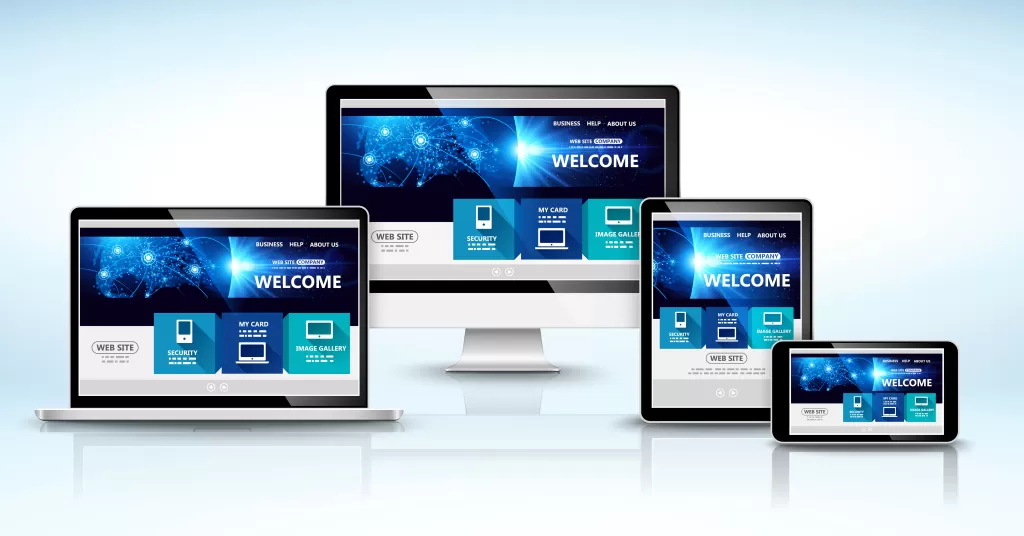Searching for the best HRIS and buying one is a huge decision. Any selection can alter the way your company handles its greatest asset – your employees – for years to come. Before making a selection, it is extremely important that your key decision makers understand what it is they are looking for in a HRIS and take steps to locate the best system to meet your needs.
Our 2024 Preferred HR Software Partners

BambooHR Software
By BambooHRCompany Name
BambooHR
Suitable Company Sizes
Small, Medium
Support Available
Android, IOS, Web Browser, Windows

Paycor HCM
By PaycorCompany Name
Paycor
Suitable Company Sizes
Small, Medium, Large
Support Available
Android, IOS, Web Browser, Windows
Finding the Right HRIS for You
Collect Internal Data
Perform an internal assessment to find out what features and functionality are necessary for your HRIS software. Based on the data that you collect by speaking to employees and managers in each department and observing operations, you may be able to more accurately prioritize your needs. Really listen and use what your employees say, as this may be critical for user adoption later.
Make a Checklist
You know your requirements best, so making a checklist after you perform an internal evaluation but before you really dive into the research phase can help. During your research, update your checklist as needed and check it against products you encounter so that you can compare needs with offerings side by side. This can give you a solid base to start from.
Focus on Functionality
HR software is designed for users of different sizes and inclinations. The features, installation, accessibility, and prices that will work best depend on your company’s needs. As you shop around, it is helpful to focus on substance rather than initial presentation, as appealing graphics and persuasive language may serve to distract from missing functionalities that would yield real ROI.
Reviewing HRIS Features
Reporting Options
Reporting is one of the most important features of an HRIS. Some HRIS may generate custom reports, while some may have a variety of standard reporting options, and still others have both. Review the options and the look of the reports during your research phase.
Recruiting and Onboarding
Recruiting using an HRIS can help to optimize the hiring process in an organization. However, if hiring systems that are in place are working well, recruiting and onboarding may not be priorities for your HRIS. Evaluate the pros and cons of overhauling your recruiting processes.
Learning and Development
Learning portals may be available through some HRIS that integrate with LMS. Being able to access learning programs directly from the HRIS can help employees become familiar with using the HRIS as an integral part of their daily experience right from the beginning.
Analytics
Having the ability to make strategic use of data collected regarding labor hours, retention, employee performance, and satisfaction may give you an operational advantage. Find out what kinds of cross-referencing analytics are available to help you review your data.
Benefits Administration
Many companies find it advantageous to use HRIS for benefits administration. If the HRIS comes with benefits management features, make sure you demo the portal to assess intuitiveness. A confusing benefits management program can add to compliance woes.
Succession Planning
Succession planning can help set companies up for success if used properly through an HRIS. Often this functionality is used hand in hand with LMS and training portals that allow employees to take charge of their own development.
Employee Self-Service
Allowing employees to submit requests, review their own personal information, and company data can assist with employee empowerment. This functionality may also save labor hours and reduce errors. However, it may not be right or necessary for every company.
Payroll
If payroll systems have not been optimized or if you are looking to overhaul your payroll systems, obtaining an HRIS with payroll functionality may help your company greatly. However, if your payroll systems are good, you may be able to integrate an HRIS with existing systems.
Additional Features
- Performance reviews
- Compliance assistance
- Email alerts
- Data import/export options
- Time and attendance tracking
- Point in time reporting
Anticipating Roll-out and Training Time
Setting aside time for learning to use and navigate a system should be a priority. Intuitive systems will be easier to transition into and may eliminate the need for assistance. Despite many basic similarities of data collection, every system is unique and may offer advantages and present challenges when it comes to roll-out and training.
Assessing Logical Setup and Integration
Every HR system takes work to set up initially, however, some are easier than others to get up and running and integrated with existing operations. All staff members assigned to setup tasks should be included in the shopping process.
It is vital to identify important features related to integration and equally imperative to locate a HR system that facilitates these features. For example, integration with payroll and time clocks isn’t always a given, which is why finding one that facilitates easy importation and exportation of data may be worthwhile.
Determining Reliability of HRIS Support
The service offered both before and after purchase of an HR system is essential to your long-term success. Note all signs of unreliability before purchase of one, and also be aware of companies that might make promises and forget about you later.
After purchase of any system, bugs are bound to be a problem and will eventually require technical service or updates. Ask sales representatives about how their company handles these issues. It’s also best to peruse online reviews to spot problems with customer service, before they become your problems.
To minimize future complications, test all hardware and networks for compatibility beforehand.
Calculating Immediate and Long-Term Expenses
It’s important to analyze long-term expenses before they arise with any system. Cover every aspect of any received price quotes to figure out what’s included. By doing so, you will not be shocked to find that certain functionalities are not included in basic packages later. You’ll also want to confirm the costs of future updates, technical support, and training of new personnel.
In the end, you’ll find that tiny details related to your own work methods affect your satisfaction with the available HRIS products. Be picky during the review process so that by the time you have a shortlist, you are mostly satisfied with what the remaining contenders have to offer and are truly looking to select the best of the best.
Having an expert review your needs and make recommendations for a well matched HRIS can save you time and effort. Visit our Software Match page to get started today.












